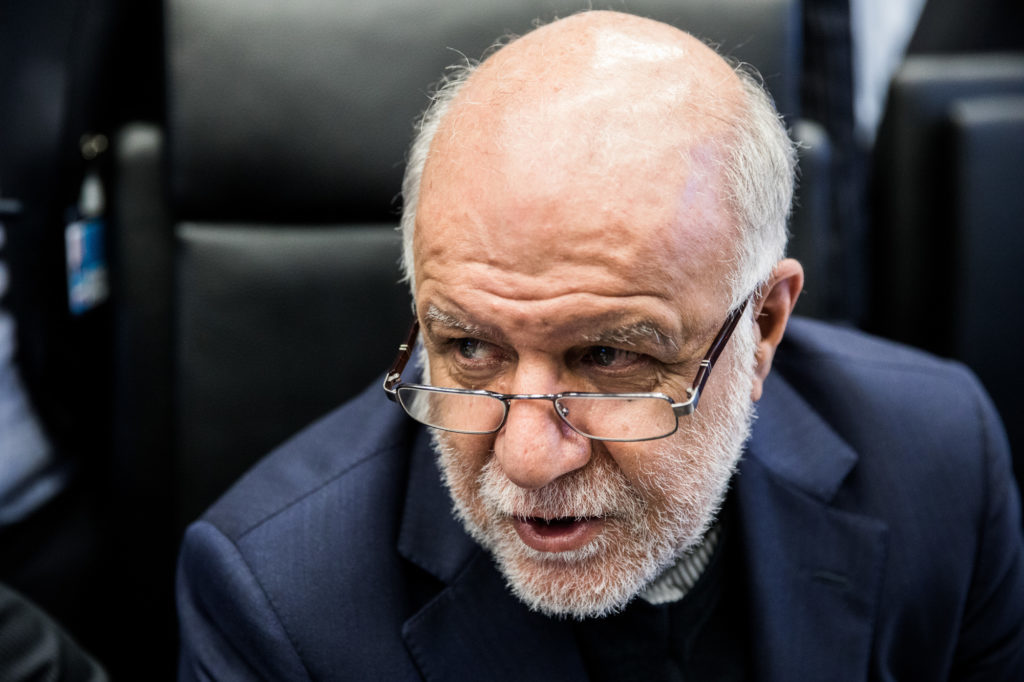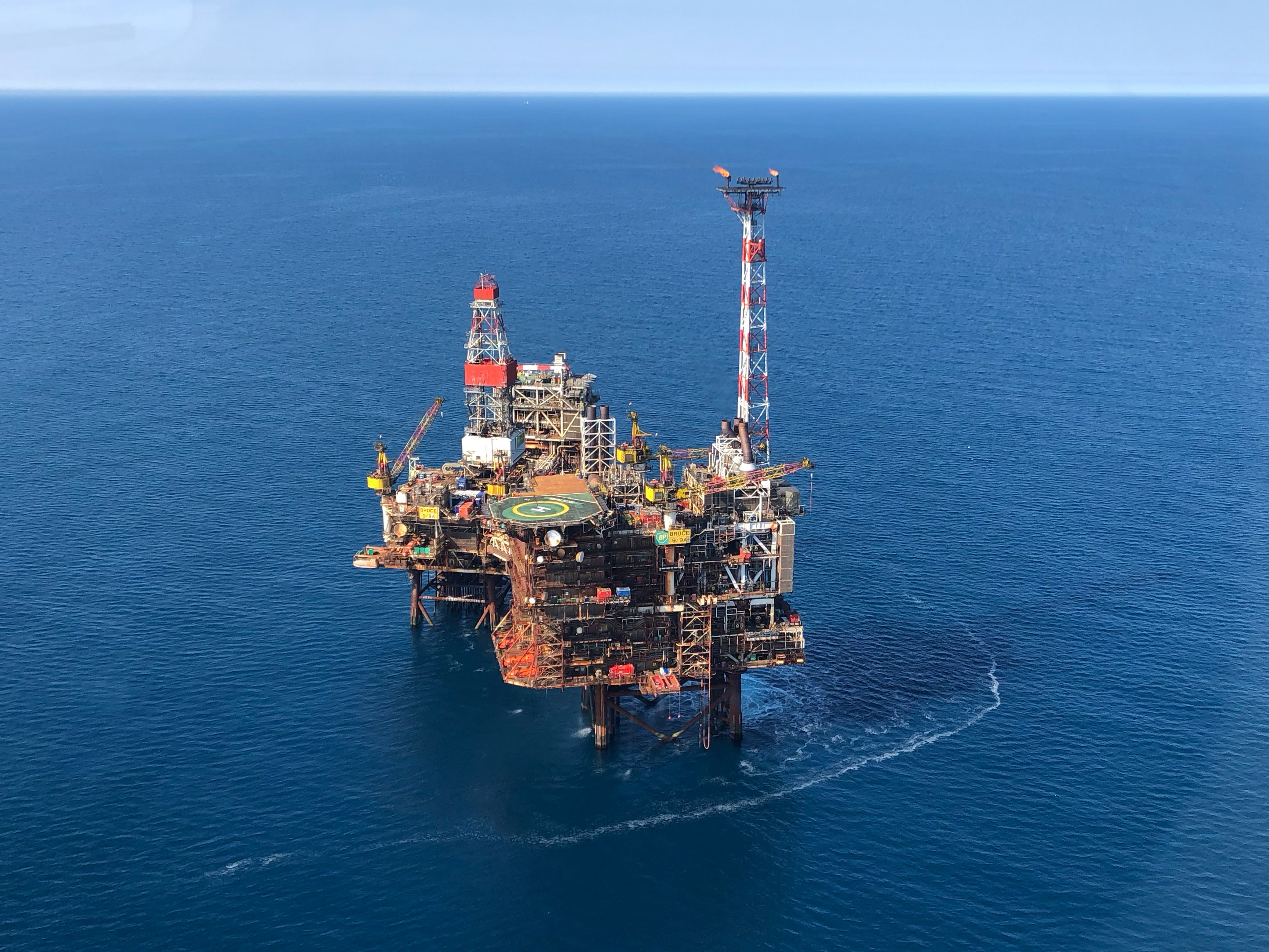
The US Department of the Treasury has imposed new financial sanctions on Iran’s oil industry.
The Office of Foreign Assets Control (OFAC), a unit of the Treasury, has named the Iranian Ministry of Petroleum, the National Iranian Oil Co. (NIOC) and the National Iranian Tanker Co. (NITC) under Executive Order 13224. This order allows the US government to impose sanctions on alleged terrorist financing.
OFAC also named some NIOC and NITC officials, in addition to four people involved in the sale of Iranian gasoline to Venezuela. The US government considers the Venezuelan government led by President Nicolas Maduro to be illegitimate.
“The regime in Iran uses the petroleum sector to fund the destabilising activities of the [Islamic Revolutionary Guard Corps-Qods Force] IRGC-QF,” said Secretary Steven Mnuchin. “The Iranian regime continues to prioritise its support for terrorist entities and its nuclear programme over the needs of the Iranian people.
The US government unit also named Iranian Minister of Petroleum Bijan Zanganeh, NIOC’s managing director Masoud Karbasian, NITC managing director Nasrollah Sardashti, NIORDC’s director Alireza Sadiqabadi and NPC’s managing director Behzad Mohammadi.
Zanganeh said that the imposition of sanctions, on him and his colleagues, was “a passive reaction to the failure of Washington’s policy of reducing [Iran’s] crude oil exports to zero. The era of unilateralism is over in the world. Iran’s oil industry will not be hamstrung.”
The minister went on to say he had no assets outside Iran and that he would sacrifice his “life, belongings and reputation” for this country.
IGM Energy’s principal advisor Ian Simm said: “The latest round of sanctions appears to be an attempt to put some last-minute gloss on the Trump administration’s efforts relating to Iran ahead of next week’s election. It has failed to eliminate Iranian oil exports, but with this it can say that it has imposed sanctions on just about every government-related oil sector entity.”
Tanker talks
The OFAC statement noted oil supplies from Iran to Syria, using NITC vessels. The tanker company was also cited as playing a role as an intermediary between the IRGC-QF and Hezbollah.
The US also named NITC as setting up a front company, Atlas Ship Management, in the United Arab Emirates.
The statement also named two UK-based companies. Mobin Holding and Oman Fuel Trading. OFAC designated these companies for their links to Surrey-based Mahmoud Madanipour. He was involved in the supply of gasoline to Venezuela, under an agreement signed in January.
OFAC went on to designate two oil tankers, Longbow Lake and Wu Xian.
Under sanctions, US people are generally prohibited from dealing with named people or companies. Foreign financial institutions who continue to do business with sanctioned parties could lose access to the US financial system.
The US is due to hold presidential elections on November 3. Should the US elect Joe Biden to be president, the question of Iranian sanctions is likely to be one of the first difficult decisions he faces.
In the run up to the vote, the US government has made a number of diplomatic moves in the Middle East. These include overseeing an establishment of links between Israel and states such as the UAE and Bahrain.
Furthermore, the US has taken Sudan off its State Sponsors of Terrorism list. Sudan agreed to pay compensation to the US for terrorist attacks in East Africa. It will also normalise relations with Israel.
Updated at 1:24 pm with comment from IGM’s Simm.
Recommended for you

